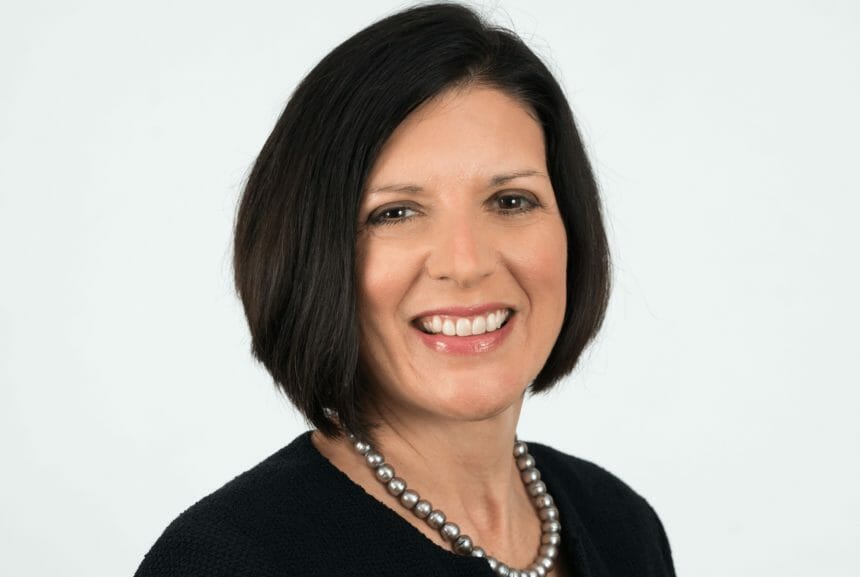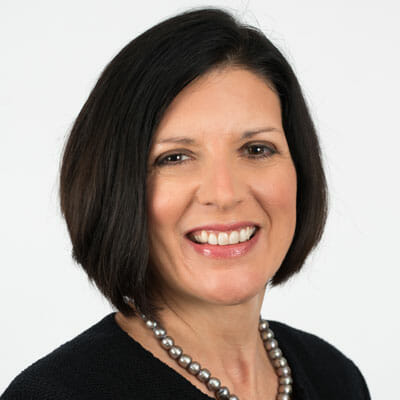

Although COVID-19 has had significant effects on the senior housing industry as a whole, financial and otherwise, Brookdale Senior Living sees the crisis as an opportunity to lead, President and CEO Cindy Baier said Tuesday.
“As the largest senior housing operator, Brookdale played a leadership role in emphasizing to HHS [the Department of Health and Human Services], the administration and congressional members the importance of providing financial relief to the senior housing industry to help protect our nation’s seniors against COVID-19,” Baier said on the Brentwood, TN-based company’s second-quarter earnings call. “I, along with others in our industry, have invested a significant amount of time explaining the critically important role senior living is playing on the front line in the battle against COVID-19, as well as the economics involved.”
Baier said Brookdale employees are “united in leading the way forward, rising to this coronavirus challenge by being nimble and reinventing their roles to provide memorable resident experiences.”
COVID-19 baseline testing of all of Brookdale’s residents and workers at all 700-plus communities in 44 states — 100,000 tests — at the end of July revealed that less than 1% of residents tested positive. Baier said the company’s “robust testing protocols” helped identify asymptomatic individuals and minimize the duration and effect of the virus on its communities, as well as allowed communities to ease restrictions and welcome new residents. Today, 85% of Brookdale’s communities are accepting move-ins.
Baseline testing costs for the second quarter were about $1 million, according to Steven E. Swain, executive vice president and chief financial officer.
“For residents, Medicare or private insurance generally covers at least one test. For associates, because they are essential workers, many state and local health departments, along with the National Guard, assisted with the initial testing,” Swain said. “Based on our current understanding of testing reimbursement, we believe that we will likely need to bear the expense of incremental associate testing unless government resources are made available.”
Year-to-date, Brookdale has spent $71 million to fight the virus, with 60% of those costs spent on personal protective equipment and medical supplies. In the second quarter, COVID-19 expenses were $61 million, 8% of the quarter’s senior housing and healthcare services revenue, primarily to cover PPE, medical equipment, cleaning and disposable food service supplies, enhanced cleaning and environmental sanitation costs, increased labor costs, increased worker compensation and health plan expenses, increased insurance premiums and retention, consulting and professional services costs, and testing of residents and associates.
Facility operating expenses decreased $18.6 million (3.3%) due to a scaling back of certain activities in response to the pandemic, as well as a decrease in home health services labor costs as the company adjusted its operational structure.
The COVID-19 pandemic and the company’s response efforts resulted in $63.6 million in lost resident fee revenue for the second quarter.
In response to the pandemic, the company redesigned its sales process to include virtual tours, video engagement and outdoor meetings with prospective residents; worked to enhance and adapt its marketing programs to address social distancing; and tried to strengthen relationships with referral partners.
“We will continue to adapt our strategy to market conditions and expect our marketing costs to increase in the third quarter as communities loosen restrictions,” Swain said.
Due to COVID-19, move-ins were lower than expected, with April move-ins 65% lower on a year-over-year basis. By June, that year-over-year decline was cut in half, with move-ins coming in around 35% lower than a year ago.
“This demonstrates great progress thanks to our sales and field teams’ efforts,” Baier said. “Brookdale’s quality of service and our team’s hyper local points of differentiation, including our neighborhood welcome effort, resulted in thousands of seniors joining Brookdale communities during the pandemic.”
Consolidated senior housing occupancy was 77.8% in June and 76.6% in July, compared with 82.2% in March. Swain said independent living residents typically have a longer length of stay, so sequential occupancy decline in the second quarter in that sector was smaller than in assisted living and memory care.
In the second quarter, Brookdale accepted $33.5 million in grants from the Public Health and Social Services Emergency Fund to address COVID-19. In July, Brookdale applied for additional grants through the Emergency Fund’s Medicaid and Children’s Health Insurance Program allocation and expects to receive up to $50 million.
Also in July, Brookdale completed a multi-part transaction with its largest landlord, real estate investment trust Ventas, that reduced future lease payments by $500 million through 2025, lowered its debt and improved its cash flow.
Looking forward to the third quarter, Swain said he sees better move-in progress for senior housing in markets outside of hotspots. He also said that Brookdale has built up multiple months of PPE supply and expects expenses to be significantly less in the third quarter.
“I think what will be an important differentiator of Brookdale is the high-quality health services that we provide,” Baier said. “Given our size and scale, we’ve got more nurses than anyone. We have been very aggressive at helping out residents help manage their healthcare conditions. And that’s something that I think will be a differentiator for the long term.”


